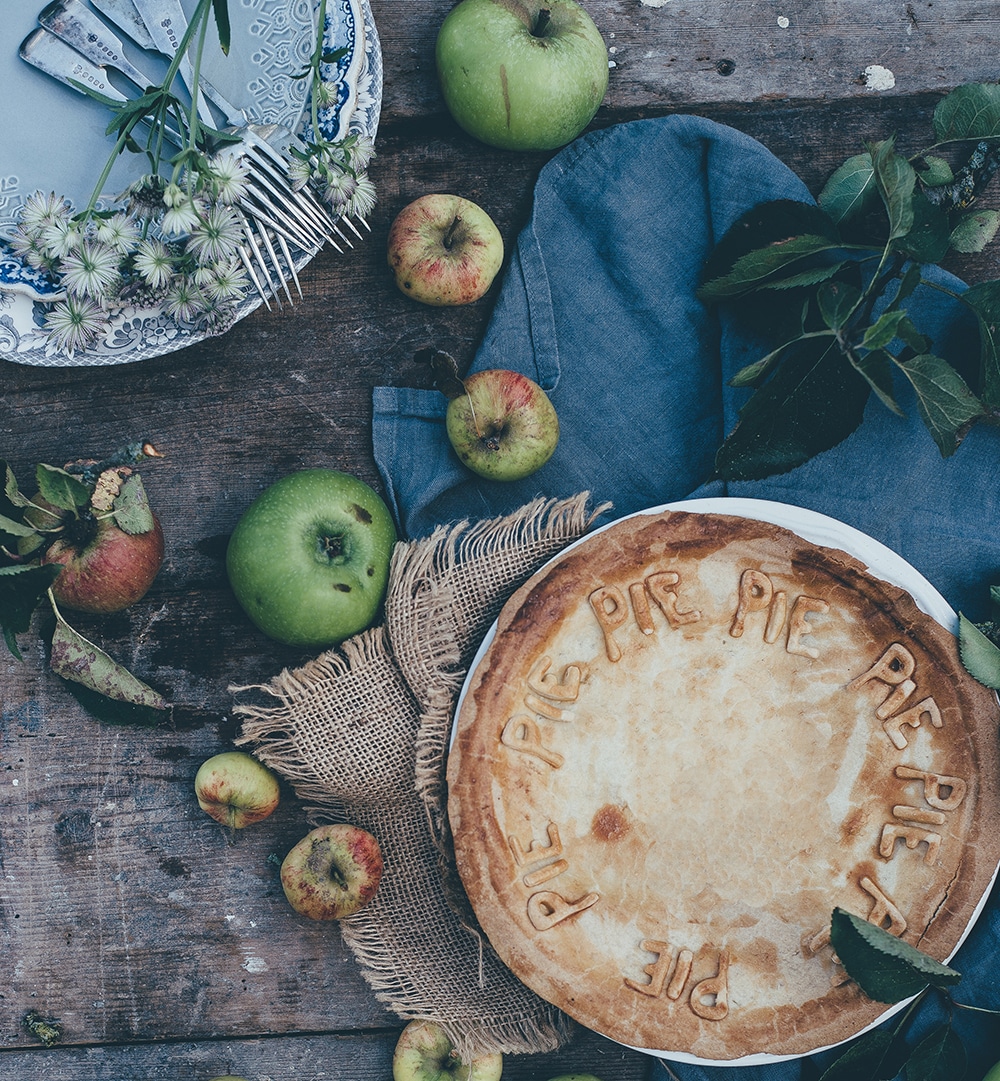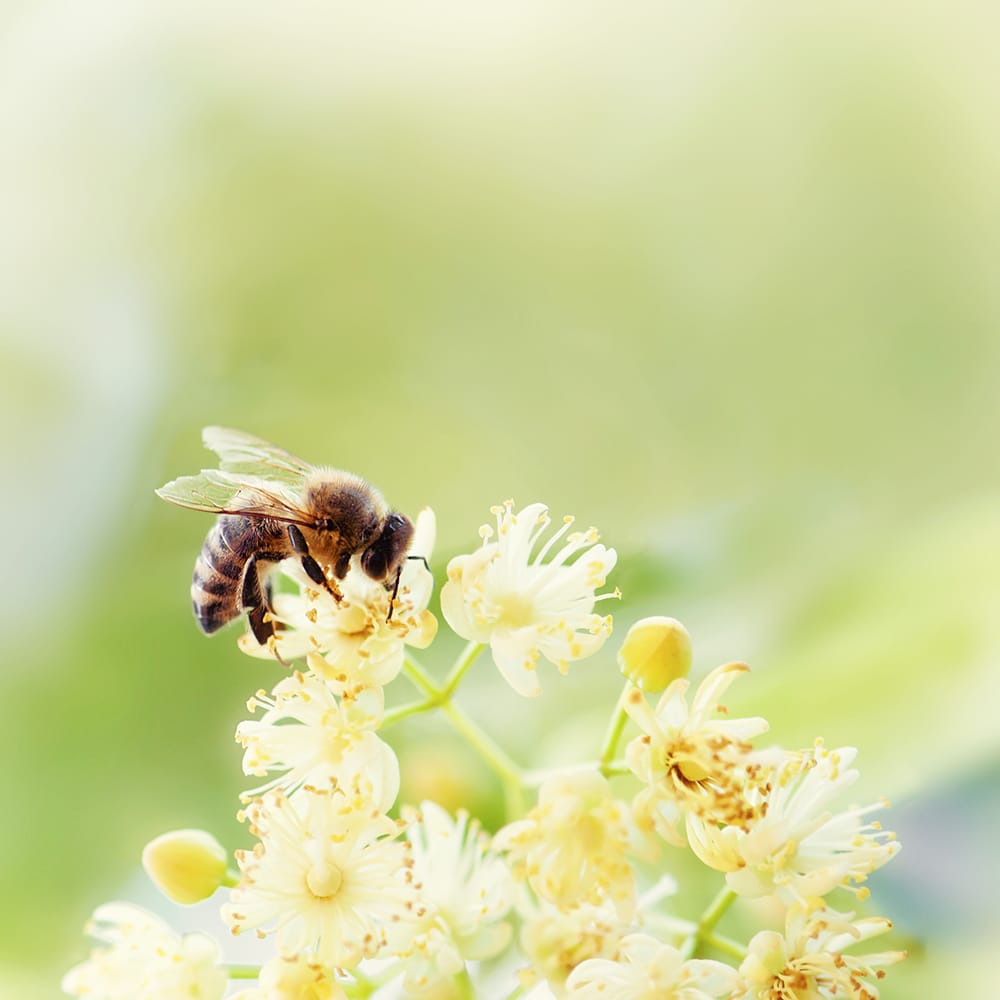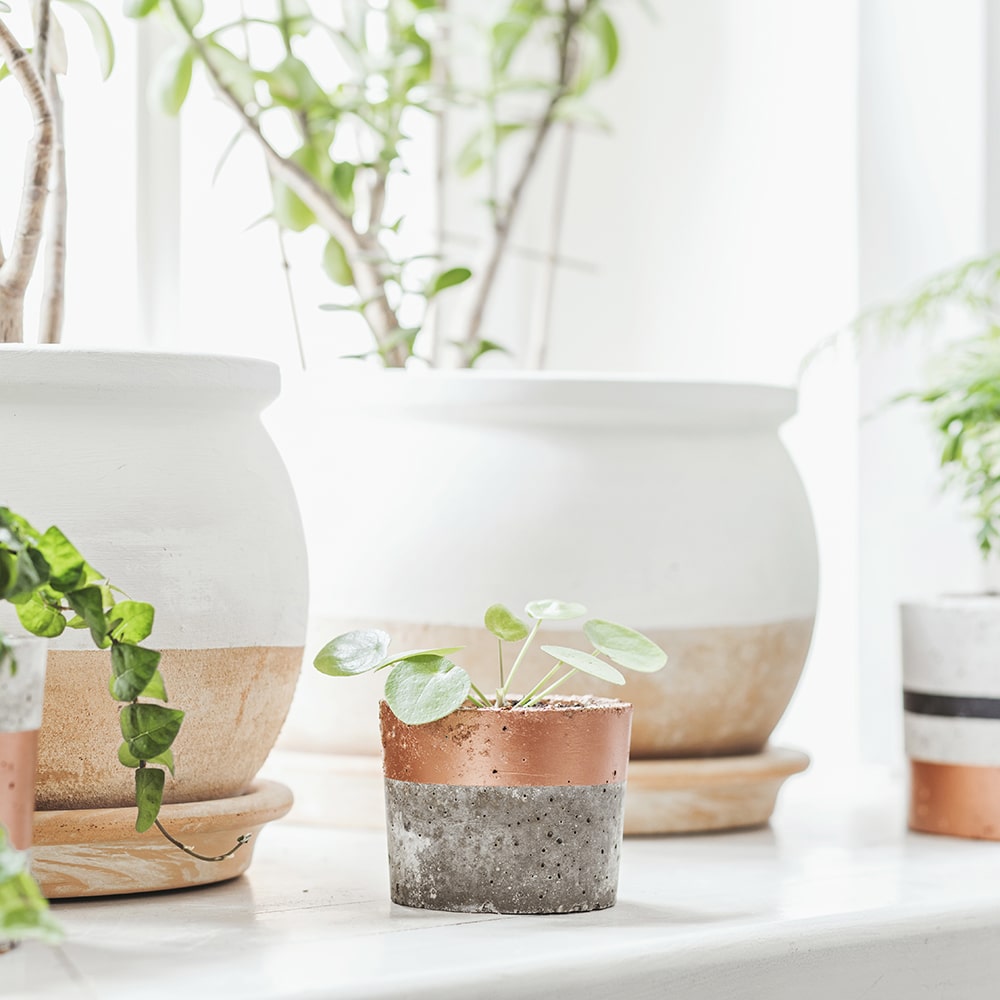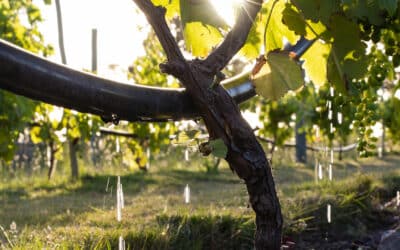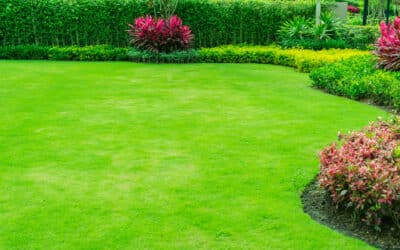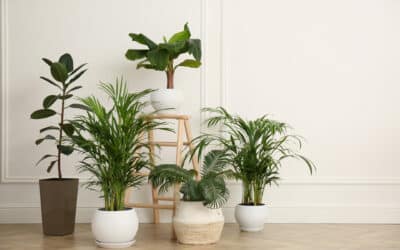Lots of gardeners do not plant a lot of winter growing vegetables. However come this time of year they go all out to plant their favourite spring/summer growing vegetables. As the weather warms up over the coming weeks the variety of vegetables that can be planted becomes enormous. Carrots, Beetroot, Beans, Snow Peas, Cucumbers, Tomatoes, Capsicum, Chilli, Eggplant, Pumpkins, Radish, Spring Onions, Lettuce, Silverbeet, Zucchini, Rockmelon just to name a few. Not all can be put into the ground just yet because of the soil still being cold and the nights still being chilly. Good tip for when you’re transplanting your seedlings into the ground or pots make sure to water them in with a seaweed solution which will help to reduce transplant shock and encourage your seedling to get off to a healthy start. You can however pot them up, and keep them protected from the cold ready to grow on a bit to be planted out towards the end of the month. Ask at your favourite garden centre what is best for your situation.



